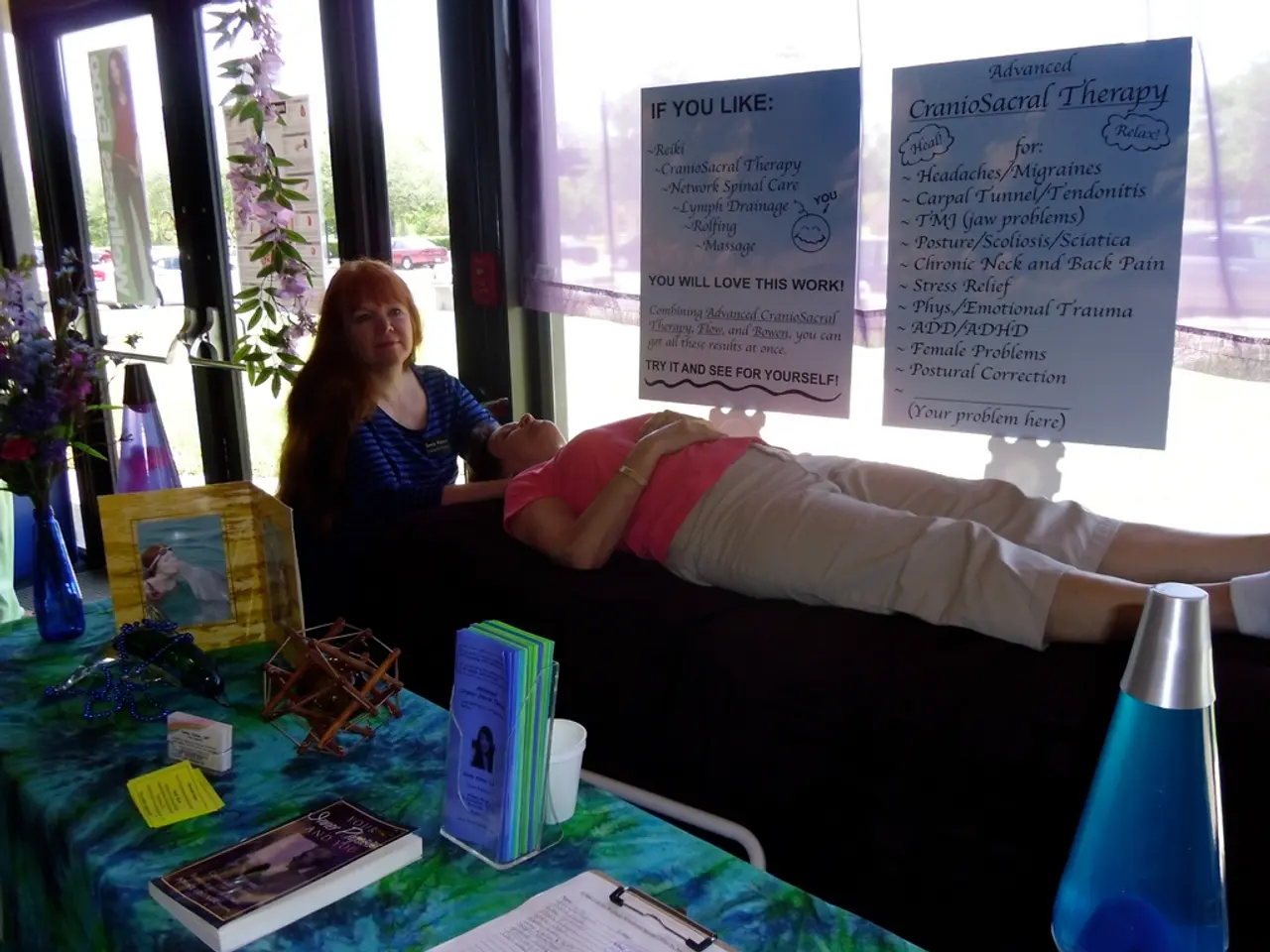Navigating Your Time During Therapy Pauses
Supporting Your Emotional Well-being and Therapy Progress
As you navigate your therapy journey, it's essential to make the most of the time between sessions to foster emotional growth and support your progress. Here are some strategies that can help:
Practice Self-Care Regularly
Self-care doesn't have to be expensive or time-consuming. Focusing on small, everyday things that support mental and physical well-being is vital. This could include spending time in nature, engaging in hobbies, getting some exercise, ensuring adequate sleep, practicing mindfulness, and maintaining supportive social connections.
Complete Therapy Homework and Practice Coping Skills
Your therapist may assign homework or suggest coping skills to help you manage your emotions and progress in therapy. This could involve new strategies, challenging negative beliefs, or skills for anxiety or mood management.
Maintain a Journaling Routine
Several studies have found that regular journaling may help manage mental health conditions like anxiety and depression. Journaling can serve as a powerful tool to explore thoughts and feelings, track progress, identify themes, and prepare for sessions by organizing topics to discuss. It can supercharge therapy by giving a space to delve deeper into emotions and stay connected to therapy goals.
Use Brief Restorative Techniques
Taking a few minutes to practice mindfulness, breathing exercises, or stretching can help regulate emotions and reduce stress during the wait between sessions.
Set Specific Goals for Each Therapy Appointment and Reflect on Progress
Setting specific goals for each therapy appointment and reflecting on progress in between ensures continuity and focus for therapeutic work.
Engage in Activities to Unwind
Engaging in activities to unwind such as exercise or visualization exercises can help absorb and process what happened in a therapy session.
Limit Substances That Affect Mood
Limiting alcohol or other substances that can affect mood is important for emotional well-being and therapy progress.
Set Small, Achievable Goals Between Sessions
Setting small, achievable goals between therapy sessions can help stay focused and motivated.
Take Care of Basic Needs
Taking care of basic needs such as food, rest, and social connection is an important part of the healing process.
Reach Out to Trusted Friends and Family
Reaching out to trusted friends and family between sessions can help feel less alone.
Practice the Skills Learned in Therapy
Practicing the skills learned in therapy will help make it easier to reach for them when needed in daily life.
Keep a Regular Sleep Schedule
Keeping a regular sleep schedule is important for emotional well-being and therapy progress.
Explore Additional Resources
Exploring additional resources like mental health podcasts can complement therapy work.
A new feature called Talkcast, an AI-powered feature, provides personalized, short podcast-style audio episodes to listen to between sessions. Writing down thoughts and emotions after a therapy session can also help process them. Remember, being kind to oneself is important for therapy progress, as healing takes time, and it's normal to have ups and downs. Taking a few minutes after each session to check in with oneself can also help process emotions. By implementing these strategies, you can effectively use your time between therapy sessions to support your emotional well-being and therapy progress.
- Practicing skills learned in psychiatry, such as anxiety or mood management, can help manage depression and improve mental health between therapy sessions.
- Engaging in activities like journaling and mental-health podcasts can serve as educational-and-self-development tools to enhance personal-growth and complement therapy work.
- Regular self-care, including exercise and mindfulness techniques, can help maintain mental health and provide coping mechanisms for stress during the wait between therapy sessions.
- Making the most of the time between therapy sessions involves staying committed to therapy goals, practicing the skills learned, and seeking support from friends, family, and resources like Talkcast.




